For a period of 4 years, I was an athletes’ representative, registered with the Athletics Federation of Nigeria as well as the IAAF. I had 4 athletes in my management stable. I never actually got to work with Innocent Asonze and Mercy Uku for various reasons even though they both signed contracts with me. I only worked with Chioma Ajunwa and Charity Opara. With a little bit of support from me both of them became Olympic Gold and Silver medalists respectively.
For the 4 years of my very exciting adventure into the world of athletics and athletes’ management, I was thrown into the deep end of its politics. I tried furtively to arrange meets for my athletes in Europe, the most lucrative and most active athletics environment in the world. Despite invoking my reputation and international sports contacts very few doors were ever opened to us for major meets. After their medal victories in Atlanta ‘96, I had to surrender my ‘hold’ on them to an Italian agent just so that they could earn good money as they were now offered places in major meets.
It was an invaluable lesson for me that money could not buy, and that I could not learn in any classroom. The greatest revelation of my experience was the vast sports market and opportunities available for athletes during their season in Europe and the Americas. I did not try to know much about what obtained in Asia and Oceania. There are over 900 certificated athletics meets all over Europe during the summer months. There are also over 170 Marathon races. The meets are in several European cities, major and minor, and every one of them provides a good source of income for athletes during their 10 to 15 years’ career span. For the best of the athletes the revenue and opportunities from these meets can take care of their needs for life with proper investments.
As part of my education and research, I took my two athletes, both of them sprinters (Chioma also jumped), for training in the high altitude of Kenya. I met with an English man, John (I am not sure of his second name now) who was running the IAAF High Performance centre in Nairobi. John was very excited about my experiment that sprinters born at sea level can benefit from training at high altitude, as part of their pre-season training. When they now go to race at sea level they would excel. Lee Evans later told me that their group adopted that strategy to explode the way they did at Mexico ’68!
Anyway, the greatest revelation in Nairobi for me were the number of athletes training all over the city. You often read of Kenyan athletes training far away from the towns in the open plains of Kenya. True, most Kenyan athletes are in the rural areas, high up in the hills, running day and night. But also in Nairobi I saw athletes running everywhere – on the streets, running lanes and paths, and in the parks – in their thousands! John told me that Kenyan youths, boys and girls, in their tens of thousands, were running to earn a living by exploiting the opportunities offered by the lucrative athletics meets taking place all year round, all over the world. It is a global market, and Kenyan youths take advantage of what geography and their genes offer them to do very well in life. Running engages a large segment of their youths that are endowed naturally already for middle and long distance running.
Go to any race around the world for middle, long distance and Marathon races, you will find Kenyan youths running, winning, earning good money and adding very significantly to the economy of Kenya! Running is a way of life for the Kenyan Youth. The government provides them with the environment. After that they need very little incentive or motivation to train and enter into that very lucrative field that comes naturally to them, for which with a little more hard-work would reap bountiful harvests.
It is not only Kenya that is exploiting the formula of geography and genes to engage and empower the youths. East Africans, especially Ethiopians and Ugandans, have latched on. South Africans are now a growing presence in the middle and long distance meets around the world too.
Nigeria can take lessons from this.
Which other countries have dominated some events in athletics the way East Africans have ‘pocketed’ middle and long distance?
Today, the greatest countries for sprints events are the USA and Jamaica. There is something unique about sprinters (and jumpers). They are mostly Black. These Black athletes historically are the descendants of Black African slaves from….wait for it…West Africa! Many of these athletes, including my good friend Lee Evans, one of the greatest 400 metres runners in history, have found out from their gene tests that they originate from the lowlands of West Africa, particularly Nigeria!!!
Little wonder, until only this last decade, Nigerian athletes were a constant in the final line-ups of the World Championship and Olympics in the sprints. It was the product of the natural combination of genes and geography. Nigerians are born to sprint, from 100 to 400 metres events! The evidence is scientific and all around the world of sports. There is a huge global market of opportunity for Nigerian youths all over the world every year, throughout the year, for those willing to train and work hard to hone what comes naturally to them. Nigerian youths can be to the country what Kenyans have become to their country through sports. Jamaica with a population of about only 4 million people is the sprinting capital of the world today. Its athletes are contributing massively to the national economy of the country.
Nigeria with its 200 million population, over 60 percent of them youths, has the human capacity to make Jamaica’s achievements look like child’s play. A chunk of young Nigerian boys and girls, between the ages of 18 and 30, could be running in every available space in the country. All they will need are spike shoes, the space to run and a working training program. They will easily find these in schools and higher institutions if these institutions are deliberately designed to provide them with the facilities. There are over 175 major athletics meets in Europe alone every athletic season, with hundreds more in smaller meets that could provide a huge source of livelihood for Nigerian sprinters and jumpers, and become economic contributors to the country. These meets can absorb hundreds of Nigerian sprinters each year.
Note, that I have written only of a few events in athletics. Nigerians are also born jumpers, wrestlers, boxers, lifters, footballers, and so on. These events are in our genes. Besides these Nigeria is doing extremely well too in basketball, table tennis, handball, and a few other sports. What this means is that the country can engage its huge youth population, naturally gifted and honed by their environment, in beneficial sports activities that are already their passion and can make them rich, famous and even powerful. Sports can take a large chunk of our youths off the jobless and idle market, we know how and but only need to have the political will to do what needs to be done.
Some sports are in our genes and geography!
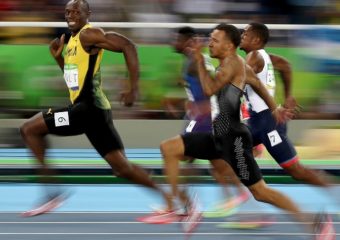
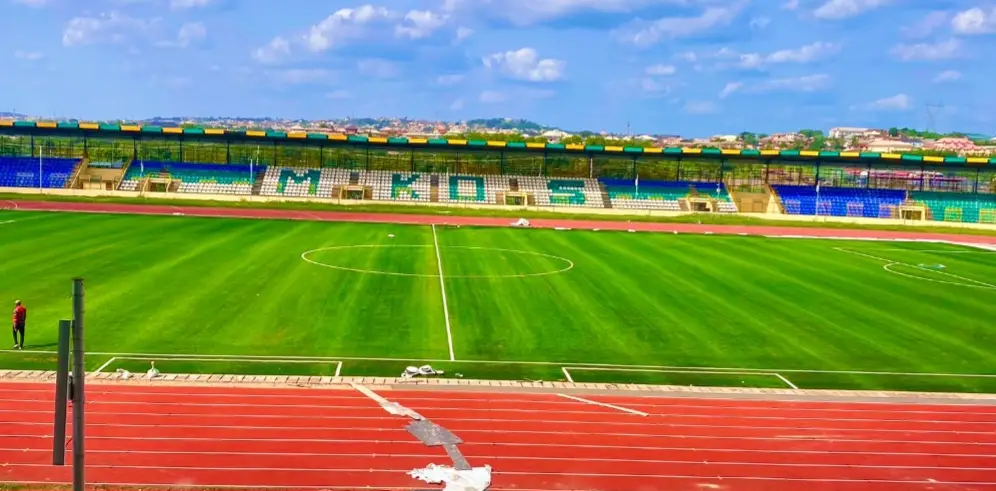
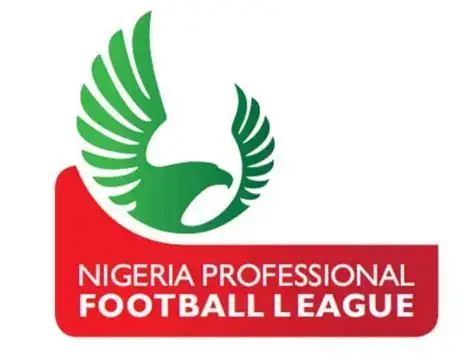
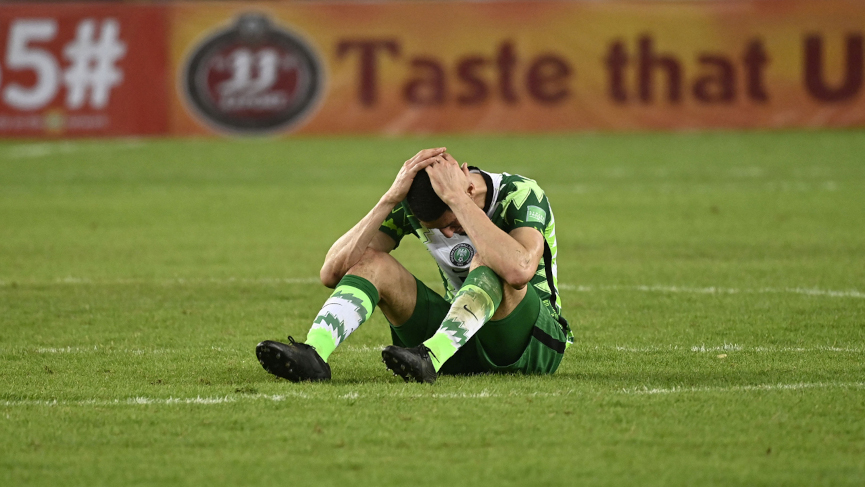

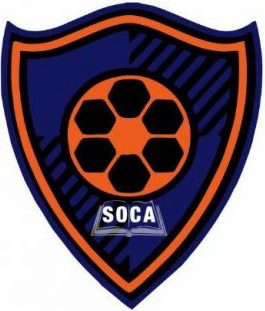



Honestly it hurts to see the complete dwindling of Nigeria in Athletics aka Track/Field. Like you rightly said Past decades either at the olympics or other international track events one is bound to see a Nigerian runner in the sprints atleast.
Now, I am a very big fan of track/field. In your previous article you mentioned world class athletes like Innocent Egbunike etc all produced under the tutelage of the great Lee Evans in Nigeria. I happen to be an a young school boy track star then in oyo state.
Since its clear the country can not provide the infrastructures and other technical means to start developing the next generation of these athetes. Its clear we have the natural ability but the ingredients to hone it to world beater levels is missing.
Its also clear the private entities need to set up shop. Where are our former olympians? what stops them setting up small shops to start developping athletes. ?Jamaica is a good example. Jamaica have made track/field a primary and secondary school sports phenomenon. Way bigger than Football in Jamaica.
I am afraid to say jamaica is just way ahead in this department.
My school is a model that individuals, private organizations and even government agencies can adopt.
If an ordinary Nigerian like me can set up such an institution, fund and run it successfully, you can imagine what bigger entities can do and achieve if they set their mind to it. There isn’t the political will to do so now.
You are a humble legend worthy of emulation! Big Seg! I pray Nigeria listens or takes cue from your exemplary handling of sports in the nation.
Thank you very much.
We intend to change our strategy in implementing our ideas.
Hoping that government would do something is to give up on the idea because sport is not their priority. This creates an opportunity for us to become ‘heroes’ again!
Another aspect of sports that we do not pay enough attention to is swimming. I know that in Ondo State, the people from Ilaje Eseodo area are natural swimmers-more generally, the jaws are water people, so I believe that they would do well in competitive swimming if they are trained in that respect. There are many olympic and commonwealth games medals to be won in swimming. It is another area of opportunity that our governments, particularly of the riverine areas should explore. I plan to discuss the potentialities of this sport with my governor the next time I see him.
I do not really know if swimming is one of our natural strengths when it comes to competition. There has never been an indication. “Blacks can’t float’ that’s what we were told in sports ‘school’. However, your idea is worth giving a try. Government’s need to be convinced first that sport could play a big role in development in order for them to invest in it the way they should.